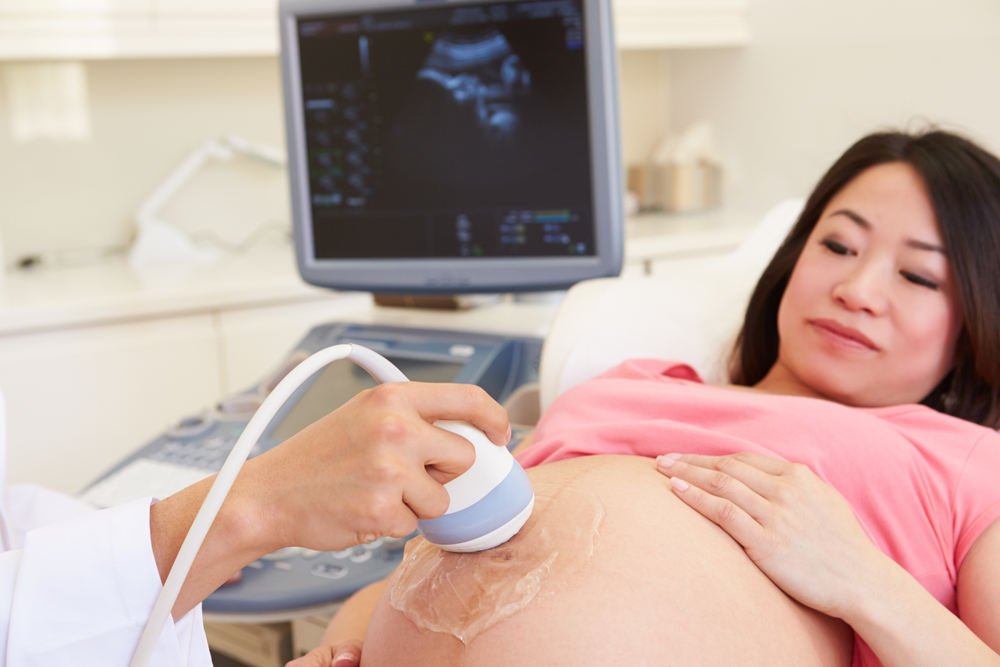Contents:
- Medical Video: How Getting Colon Cancer at 21 Changes Everything
- How common is the condition of colorectal cancer in Indonesia?
- Colon cancer in pregnant women
Medical Video: How Getting Colon Cancer at 21 Changes Everything
Colon cancer in pregnant women is a rare case. How dangerous is this cancer in pregnant women?
How common is the condition of colorectal cancer in Indonesia?
Colorectal cancer, aka colon cancer, is one of the third most malignant cancers in the world. According to the 2012 Global Burden Cancer data released by the Ministry of Health of the Republic of Indonesia, colorectal cancer occurs in 12.8 per 100,000 adult population.
Based on the National Guidelines for Colorectal Medical Services issued by the Indonesian Ministry of Health in 2017, colorectal cancer ranks third in Indonesia due to changes in the diet of Indonesians. This shows that colorectal cancer is a fairly common disease.
Although fairly common, colorectal cancer, aka colon cancer in pregnant women tends to be a rare condition. Most pregnant women realize that they have symptoms of colon cancer during their pregnancy in the last trimester. This is due to symptoms that are usually similar to symptoms of indigestion due to pregnancy.
Colon cancer in pregnant women
Colon cancer in pregnant women is a rare case. Usually, colon cancer in pregnant women is only realized or diagnosed at the end of pregnancy. This is due to the symptoms of colon cancer similar to the symptoms of digestive disorders associated with pregnancy, so it is often late to be identified.
In a report released by the National Center for Biotechnology Information (NCBI) website, they summarized cases of colon cancer that were unusual in relation to pregnancy in three patients.
The first patient was primipara or who had never been pregnant before. So, this is the first pregnancy for a 30 year old patient. Two weeks after a caesarean section to give birth to her child, she experienced abdominal pain and constipation. However, there is no change in bowel habits, rectal bleeding, or weight loss.
In the same two weeks, he experienced large, progressive swelling of the abdomen (ascites). It was found that he had a hard mass in his rectum. Colonoscopy and biopsy diagnose the presence of rectal adenocarcinoma. His condition deteriorated and was not helped three days later due to difficulty breathing.
The second patient is a 41-year-old pregnant woman who has given birth more than five times (grande multipara). This patient is known to have progressive ascites in the final trimester of her pregnancy. He did not experience constipation, rectal bleeding, or associated weight loss. Ultrasound shows normal pregnancy and normal conditions of the ovaries, liver, kidneys, spleen, and pancreas.
He gave birth normally (vaginal) at the age of the womb is sufficient but the ascites worsens in one week. CT scans show tumor growth in the sigmoid colon that has been surgically removed with the final diagnosis of sigmoid colon adenocarcinoma. Patients are treated with standard chemotherapy with a good response. However, it cannot survive after one year of treatment.
The report from the last NCBI website is the third patient with a multiparous condition, namely a pregnant woman who has been pregnant before (more than one pregnancy) who is 25 years old. He gave birth to twins vaginally normally six weeks before the time of delivery (premature).
He experienced painful vaginal piercing during sexual intercourse for the first time postpartum. The pain is then immediately followed by vaginal bleeding. Within a week the bleeding smells and mixes with feces (feces). Apparently, he has rectovaginal fistulas (abnormal channels that connect the rectum and vagina) with necrotic edges. He did not experience constipation, rectal bleeding, or weight loss. Examination under anesthesia and edge biopsy of the fistula show rectal adenocarcinoma.
When viewed from the example above, colon cancer in pregnant women tends not to show any symptoms at the beginning of pregnancy. In the three cases above, symptoms of colon cancer are only known at the end of pregnancy, even after birth. A late diagnosis is a result of confusion which is usually caused by general symptoms of lower digestion related to pregnancy.
The occurrence of the above conditions in all three patients without symptoms before and during the early pregnancy, as well as the speed of emergence and worsening of symptoms, indicates an aggressive disease process. This situation raises questions among researchers about whether pregnancy plays a role in the development of aggressive diseases.
Most patients who experience this disease at the end of pregnancy and usually have tumors located in the rectum (up to 85 percent of cases). However, there are also those who have tumors in the transverse colon and the rectosigmoid colon.
The development of acute and large ascites symptoms that worsens rapidly, and the absence of metastases and post-sex injury symptoms in the third patient is one of the unusual cases of colon cancer in pregnant women. That is, this case must be watched out because general symptoms that are very faint and even invisible.
Post-sexual tears can be a sign of rectal carcinoma. You should take the right steps and pay special attention to this problem so that it can be addressed immediately.
Hello Health Group does not provide medical advice, diagnosis or treatment.












